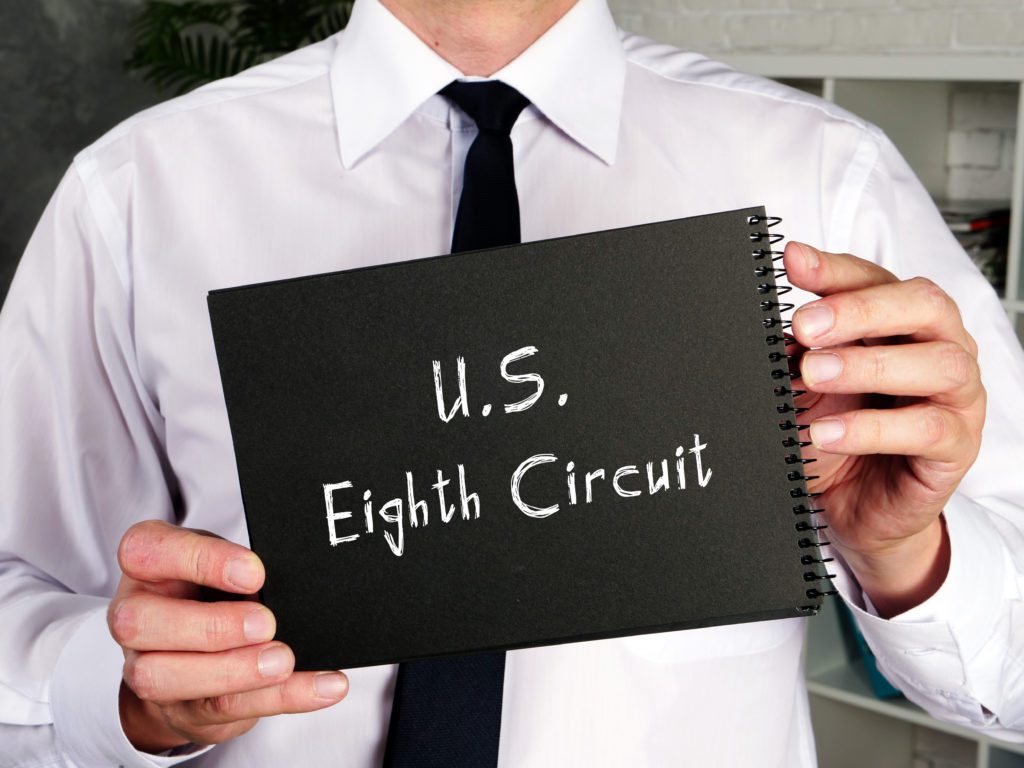
A Missouri-based maker of menthol-flavored e-liquids urged a federal appeals court to revive its application with the U.S. Food and Drug Administration to continue selling its products, saying the agency had not given it fair notice of what approval would require.
The appeal by SWT Global Supply Inc. is one of a slew of similar cases by e-cigarette companies in the wake of the FDA’s rule deeming e-cigarette products to be subject to the same law as combustible cigarettes and the agency’s subsequent denial of millions of premarket tobacco product applications (PMTAs) by manufacturers to sell their products, according to media reports. The question of whether the FDA acted fairly has already created a split among federal appeals courts.
Jerad Najvar, a lawyer for SWT, told a three-judge panel of the 8th U.S. Circuit Court of Appeals that the FDA had denied SWT’s applications because the company had not presented a controlled trial or study showing that the menthol liquids can help adult smokers quit smoking as compared to tobacco-flavored liquids. He said the agency’s guidance gave no hint that it would require such a study for approval.
The question of whether the FDA acted fairly has already created a split among federal appeals courts. Most other appeals courts that have considered similar appeals by manufacturers over denied applications – including the D.C., 2nd, 3rd, 4th, 7th and 9th Circuits – have sided with the FDA. However, the 5th Circuit last month ordered the agency to reconsider the denial of two companies’ applications in a case also involving menthol-flavored products.
Jerad Najvar, a lawyer for SWT, told a three-judge panel of the 8th U.S. Circuit Court of Appeals that the FDA had denied SWT’s applications because the company had not presented a controlled trial or study showing that the menthol liquids can help adult smokers quit smoking as compared to tobacco-flavored liquids. He said the agency’s guidance gave no hint that it would require such a study for approval.
Navjar said the lack of fair notice was particularly hard on small companies like SWT with limited resources. “A client like mine doesn’t have a lot of arrows in its quiver when it’s trying to fight a decision by a federal agency,” he said.
Catherine Padhi, a lawyer for the FDA, said that comparing products’ effectiveness to tobacco-flavored products was “a natural part of the risk-benefit analysis,” given that tobacco-flavored products have a “much-reduced risk of enticing children.” She also said that SWT could submit additional information to support its application.

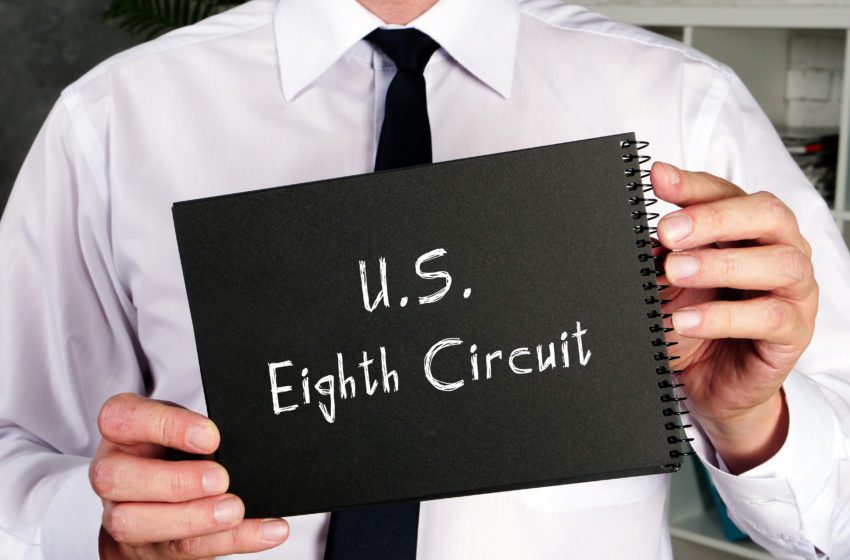




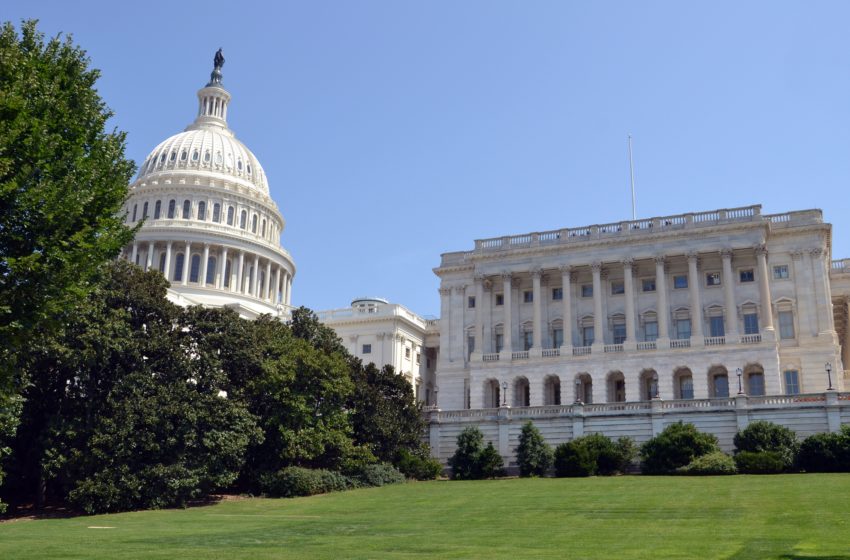

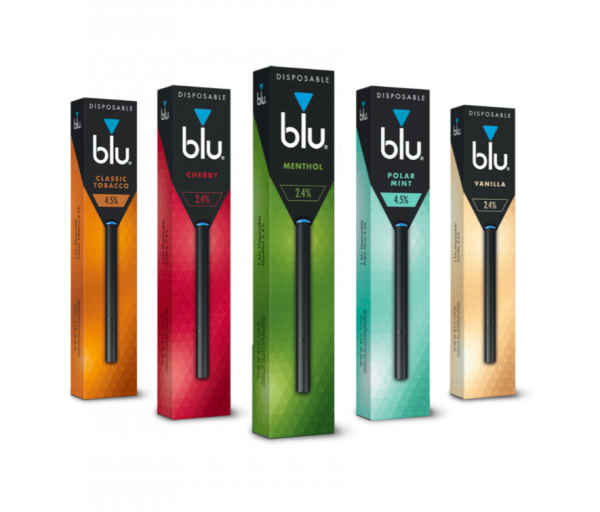



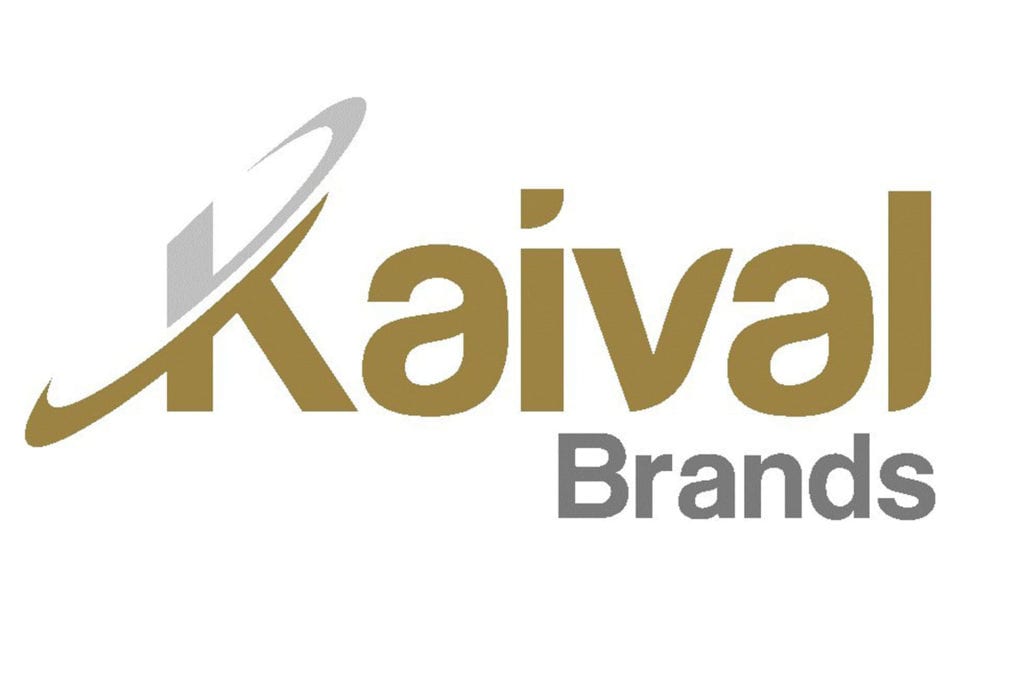
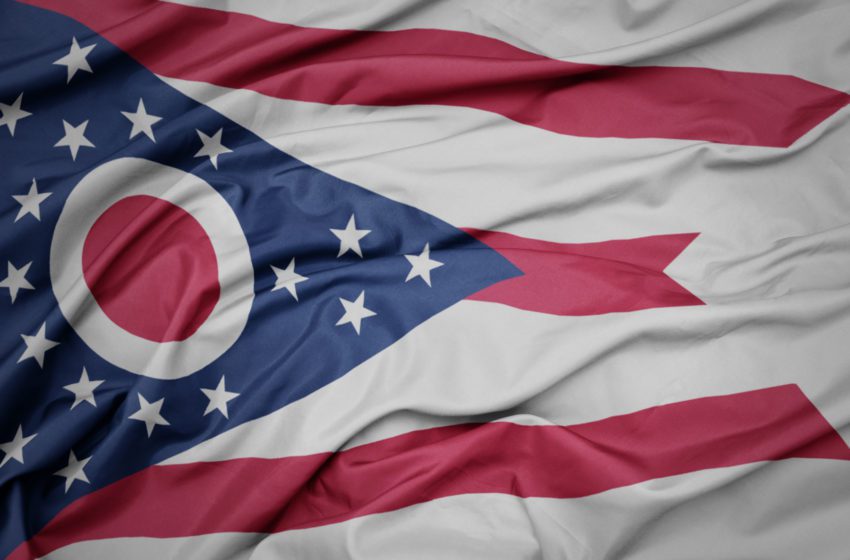
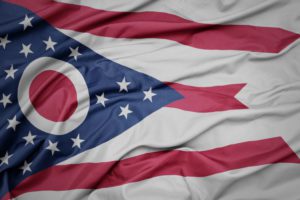


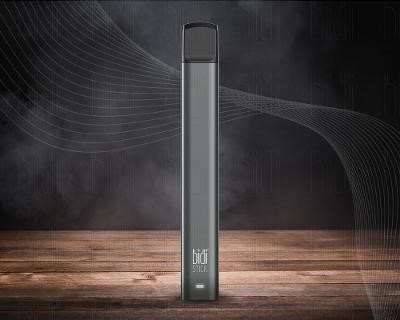
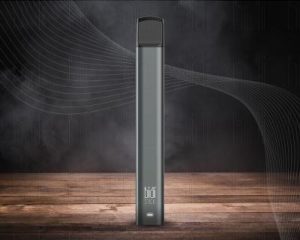 The U.S. Food and Drug Administration has issued a marketing denial order (MDO) to Bidi Vapor LLC for its Bidi Stick classic e-cigarette. The Bidi Stick is a closed-system, disposable, tobacco-flavored vaping device.
The U.S. Food and Drug Administration has issued a marketing denial order (MDO) to Bidi Vapor LLC for its Bidi Stick classic e-cigarette. The Bidi Stick is a closed-system, disposable, tobacco-flavored vaping device.